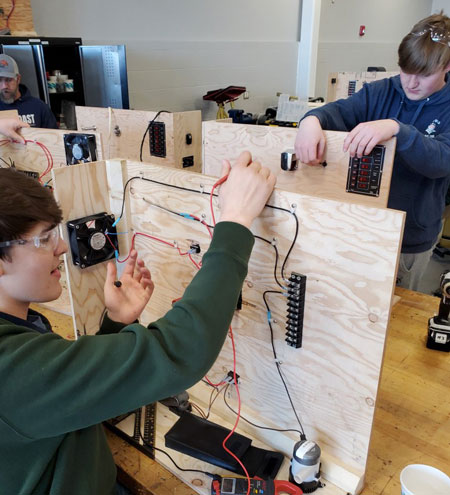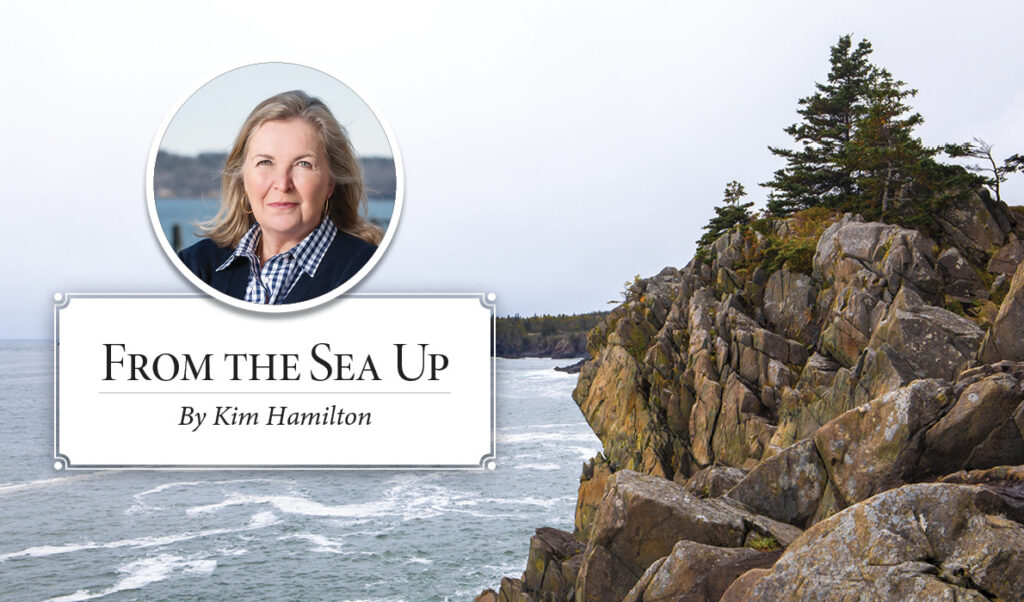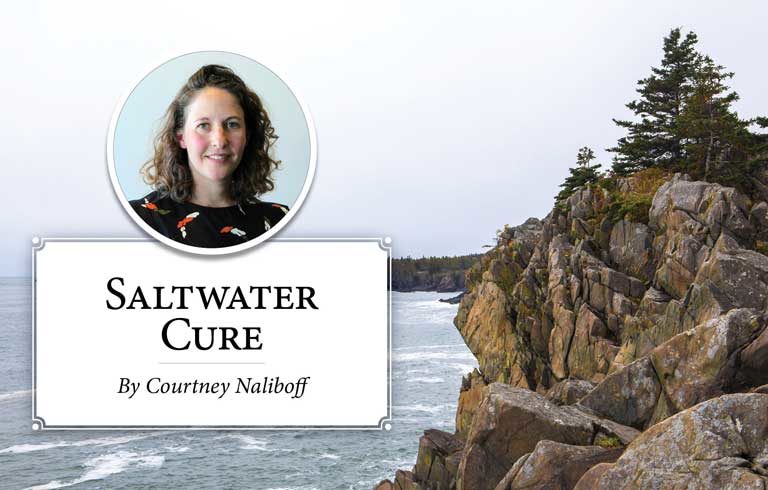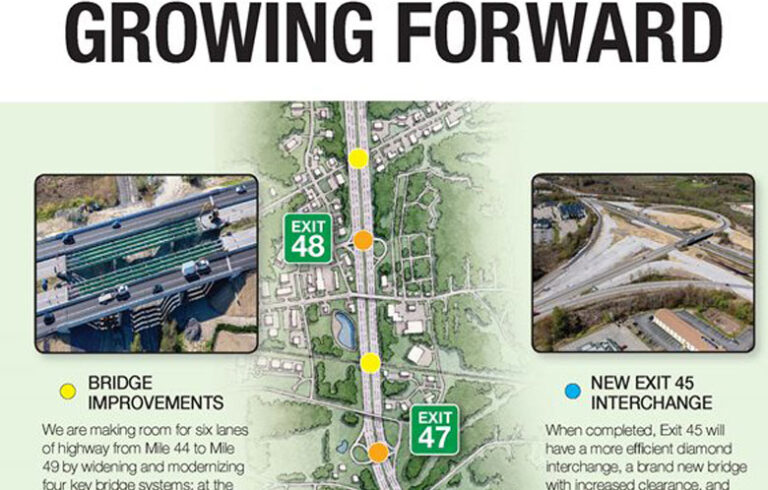As schools along the coast and on Maine’s islands prepare for the end of another academic year, many students are turning their thoughts to life after high school. Choosing between work or higher education—or choosing to pursue work and higher education—seems more complicated today.
For so many young people along the coast, finding the skills to provide a lifelong, sustainable livelihood has felt more like a game of Chutes and Ladders, with an unfair share of chutes and ladders that are far too short.
The pandemic further stacked the rules of the game against many students. It made transitions to careers and higher education even more difficult by exacerbating mental health challenges. It forced education to online platforms in communities where the technological underpinnings were not sufficient, and it isolated young people from each other, from mentors, and from important in-classroom socialization.
In the past ten years, we’ve invested over $1.2 million in education and career development.
Knowing that rural, coastal communities face a disproportionate share of challenges, Island Institute has focused on supporting pathways to education and careers for over a decade, helping open doors that might otherwise have remained closed.
In the past ten years, we’ve invested over $1.2 million in education and career development. More than half of these funds have gone to our Mentoring, Access, and Persistence (MAP) scholarship. This program supports high school juniors and seniors living on Maine’s year-round, unbridged islands, and scholarships are renewable for up to four years.
Through the support of generous donors who understand the special challenges facing island-based students, over 180 students have benefited from Island Institute support.
The costs of higher education are not limited to tuition, as we all know. Internships, summer experiences, and other forms of enrichment and travel programs help young people find their way and make them more competitive for financial support or a job.
To that end, our Geiger Scholarship program has helped over 186 students sharpen their skills and focus their interests.

Tim Farrelly, a Geiger scholar from Vinalhaven, is a great example. Tim turned an education abroad experience along the southern coast of France into skills applicable here in Maine by connecting the principles of social equity, sustainability, and environmental protection in the Mediterranean to kelp aquaculture in the Gulf of Maine. He’s bringing a global perspective to a critical local industry.
Fortunately, the broader context for developing career and work pathways has become more accessible. The Maine Community College System’s free community college scholarship program has allowed many students to consider the next steps in their education or applied training related to their job.
While the long-term sustainability of this bold approach needs to be worked out, this point-in-time experiment has offered hope for many students and families struggling to reconcile the value of education against the platinum price tag.
Fostering an interest in skills-building and career aspirations is starting earlier, too. The award-winning partnership between the Mid-Coast School of Technology and the St. George school system will expose all students beginning in kindergarten to trades, technology, and innovation.
The Makerspace, with its motto “hands-on/minds-on,” will use carpentry, boatbuilding, advanced technology, and other professions to build locally relevant expertise. This is the first of its kind K-12 career and technical education program in the nation, right here on the Maine coast. (Island Institute is fortunate to have Mike Felton, superintendent of the St. George MSU, serve on our board.)
Building a future should not be a game of chance. Our own experience at Island Institute with many extraordinary young people along with the positive changes afoot locally should give us all hope. The ladders are longer, the chutes are fewer, and the pathways to possibility are closer than they’ve ever been.
Kim Hamilton is president of Island Institute, publisher of The Working Waterfront. She may be contacted at khamilton@islandinstitute.org.





